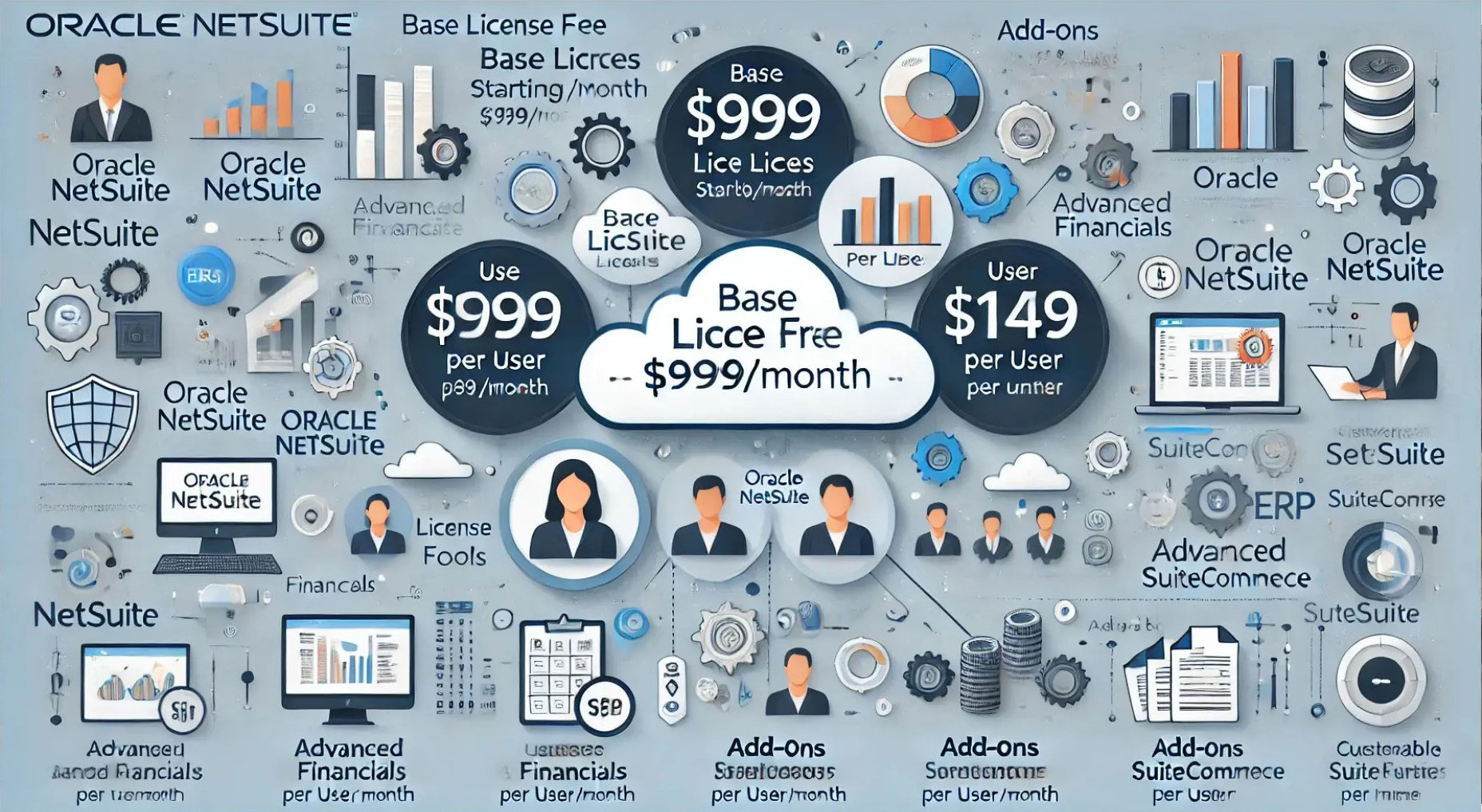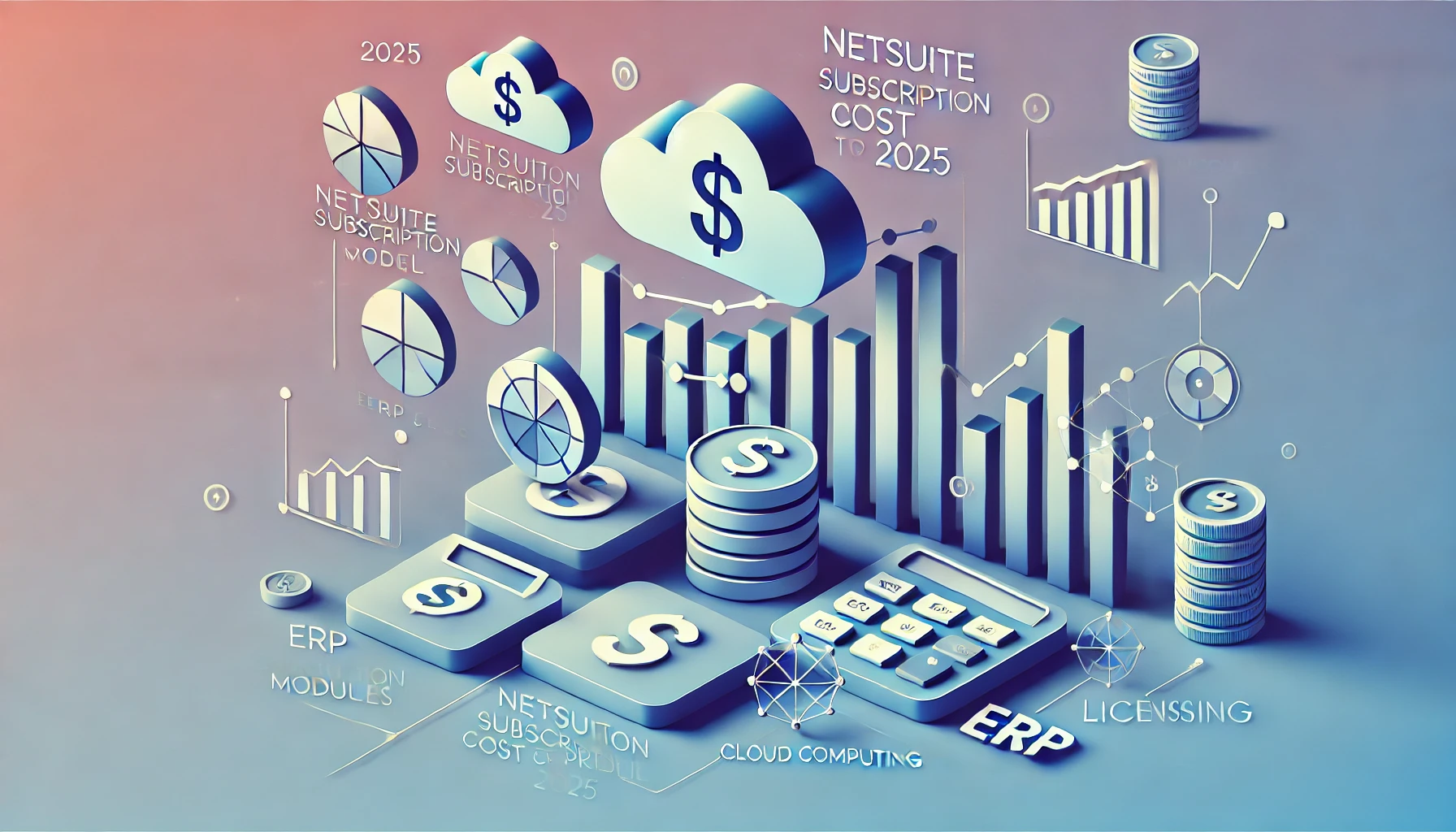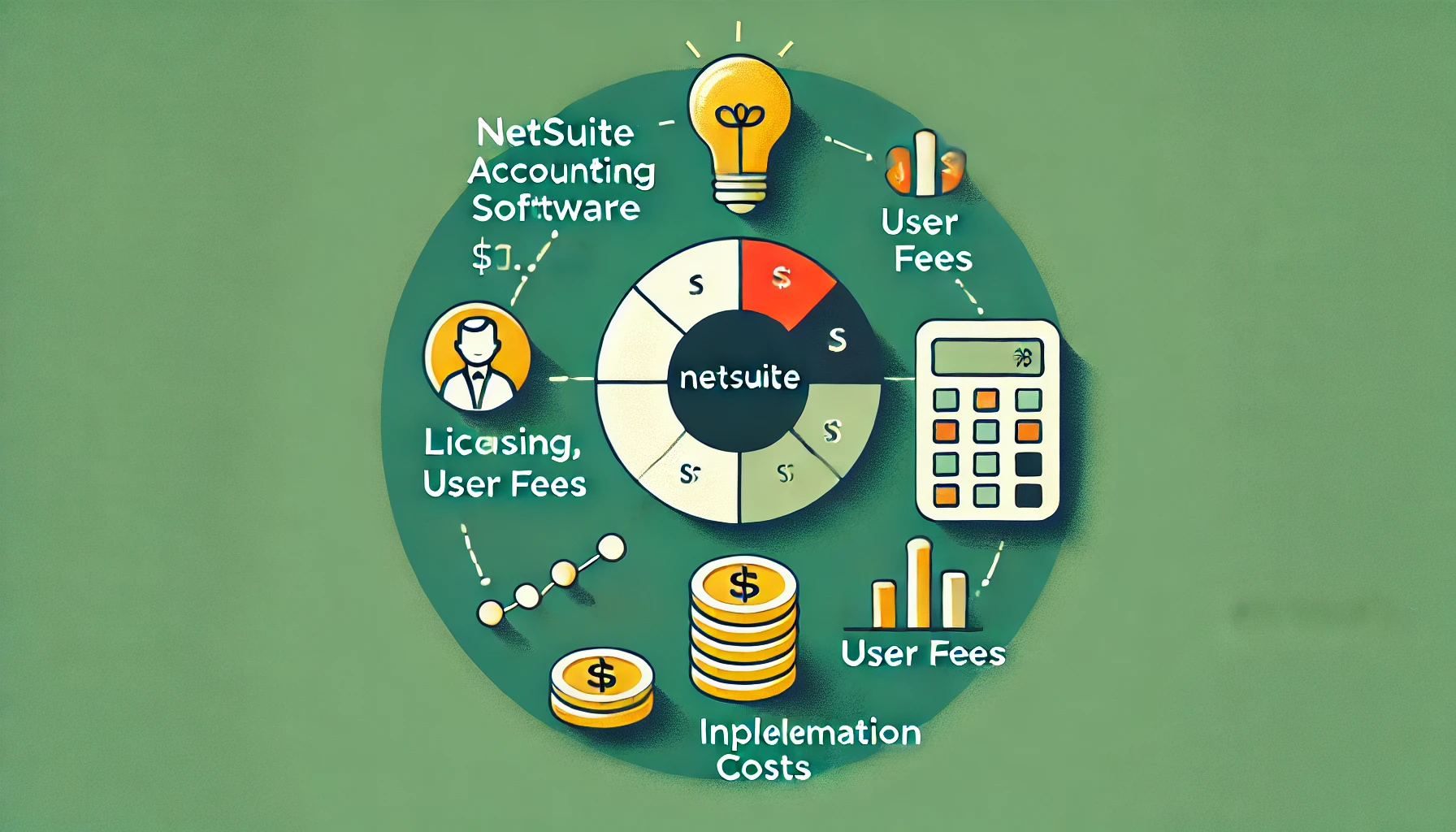Given the fast pace of today’s business world, technology has a vital role in making businesses run smoothly and improving their productivity to make their businesses successful. Amongst many such critical technologies that are being used today are Enterprise Resource Planning systems, or ERP systems for short. But what exactly is an ERP system? And how does it work? Here is a detailed guide about ERP systems, its benefits, and how businesses can use them for maximum efficiency.
Table of Contents
ToggleWhat is an ERP System?
An ERP system, which is short for Enterprise Resource Planning, is a software platform applied by organizations to handle and automate the core business processes, such as accounting, procurement, inventory management, human resources, and much more. By integrating all various departments and functions into one system, an ERP facilitates improved data flow, lowers errors, and creates smoother processes.
ERP systems are designed to centralize information so that different departments can access the information. This, therefore, eliminates silos within an organization. Whether it is manufacturing, finance, or human resources, an ERP system ensures that all departments have access to the same up-to-date information.
Key Features of an ERP System
- Centralized Database: Most ERP systems have the data held within a central database that provides a department with the latest information it may need.
- Automate Processes: ERPs are very efficient in automating most of the business operations like order processing, payroll, and replenishment of stocks. The automation decreases labor, as most human error is avoided.
- Data Real Time: Information from the ERPs may be used for real-time analysis by the managers and the management teams.
- Scalability: As the business grows, ERP systems are designed to scale and support more processes and users.
- Customization: Modern ERP systems offer customization to meet specific industry needs. Businesses can tailor the system to their unique requirements.

How Does an ERP System Work?
An ERP system is generally designed on a modular architecture. Various modules are designed to perform different business functions. The modules interact with each other so that data consistency can be ensured and cross-departmental collaboration can be made possible. Here’s how an ERP system works:
- Data Collection: An ERP system collects data from various business functions such as sales, inventory, and human resources. This data is stored in a centralized database.
- Data Processing: The ERP system processes the data and, therefore, generates insights and reports that are useful to various departments.
- Data Distribution: The processed data is distributed in real-time across the organization so that all departments are working with the same information.
- Decision-Making: Managers and employees use the data generated by the ERP system to make informed decisions and optimize business processes.
- Collaboration: ERP systems encourage interdepartmental collaboration due to its unified platform and data sharing, eliminating information gaps and ensuring consistency of information.
Types of ERP Systems
ERP systems differ in several forms, targeting various businesses and industries, including the following:
- On-Premise ERP: On-premise ERP systems are installed on the servers and computers in the organization. An on-premise ERP, theoretically, gives a company complete control over data and systems. It can, however be cumbersome when requiring maintenance and updates by a dedicated IT team or the business for infrastructure administration. Businesses that require absolute security, and others, for which their industry dictates customized systems, may appreciate this model of ERP.
- Cloud-Based ERP: These systems of cloud ERP are web-hosted. They present the companies with the plus of accessing data from everywhere provided they have internet connection. This suits those firms that rapidly need to scale and cannot bother themselves with infrastructure administration. The model also involves relatively low capital costs with no need for keeping up with hardware maintenance. It’s also simpler to update the software besides other maintenance functions.
- Hybrid ERP: A hybrid ERP system is a combination of both on-premise and cloud-based ERP systems. This type of ERP will allow businesses to keep their sensitive data on-premise and utilize cloud-based tools for other functions, making the solution more customizable. Hybrid systems are flexible, and they allow businesses to scale while maintaining control over critical business functions.
How to Choose the Right ERP System for Your Business
Selecting the right ERP system for your business is an important decision that needs much consideration of various factors. Here is a step-by-step approach to help you choose the best ERP system for your organization:
- Identify Your Business Needs: Begin by listing the key business processes to be implemented in the ERP system. Do you need modules in accounting, inventory control, and human resources? Determine the modules that would suit your needs by writing down the requirements, then select an appropriate ERP system that would answer these demands.
- Organisational Size: The size of your organization will also determine the choice of an ERP system. A cloud-based, cost-effective ERP solution may be appropriate for smaller businesses, whereas more robust, on-premise systems may be necessary for larger enterprises. The business size will also determine the complexity of the ERP system and the number of users that need access to it. If you face difficulty in understanding the size you should take this query to top ERP consultants in the USA.
- Evaluate ERP Vendors: Identify some research regarding ERP vendors who can be helpful to your business. If you need help in doing this, consider reaching out to the top ERP consultants in the USA. With a good vendor, look for one that can ensure excellent customer support, is scalable, and able to integrate with the company that is growing along with yours.
- Scalability: Your ERP system should be scalable enough to support further growth. As your business grows, you will need an ERP system that increases data and users without loss of performance. Choose a scalable system so that you do not have to change the software as your business grows.
- Check if it is Customizable: Some businesses have specific ways of doing things, meaning the ERP system should be customized. Ensure that the selected ERP software allows for features customization to meet the company’s specific needs, maybe in terms of customized reports, dashboards, or integration with other used organizational software solutions.
Implementation and Training
This is a multi-step process requiring planning and training to implement an ERP system. Here are the basic steps for implementing an ERP system:
- Planning: The first step outlines a clear implementation plan detailing project timelines, budgets, and goals. The plan should also detail which departments will use the system and how it is integrated into current processes. You can consult the top ERP consultants in the USA for guidance on the same.
- Customization: Set up the ERP system to meet your business needs. This may involve customizing modules, dashboards, and workflows to suit your business needs.
- Data Migration: Migrate the existing data from the old systems into the new ERP system. This is done with careful validation to ensure data integrity.
- Training: Train employees to avoid discomfort with the new system. Proper training will reduce and minimize disruptions during transition to ensure that the system can be used effectively.
Conclusion
An ERP system becomes an essential tool that can dramatically change the business operation by streamlining the processes involved, enhancing collaboration ability, and improving decision-making. Whatever your organization’s level, it may be a small business or a bigger enterprise; its benefits at the time of implementation are uncountable. For such organizations who are aspiring to get as much benefit as possible out of this ERP system, it has become very crucial to make the right ERP consultants a partner in such an establishment.
With the right ERP system, businesses can optimize the operations in place, bring down costs, and enhance the satisfaction of their customers, all of these are significant to stay in the market today.




